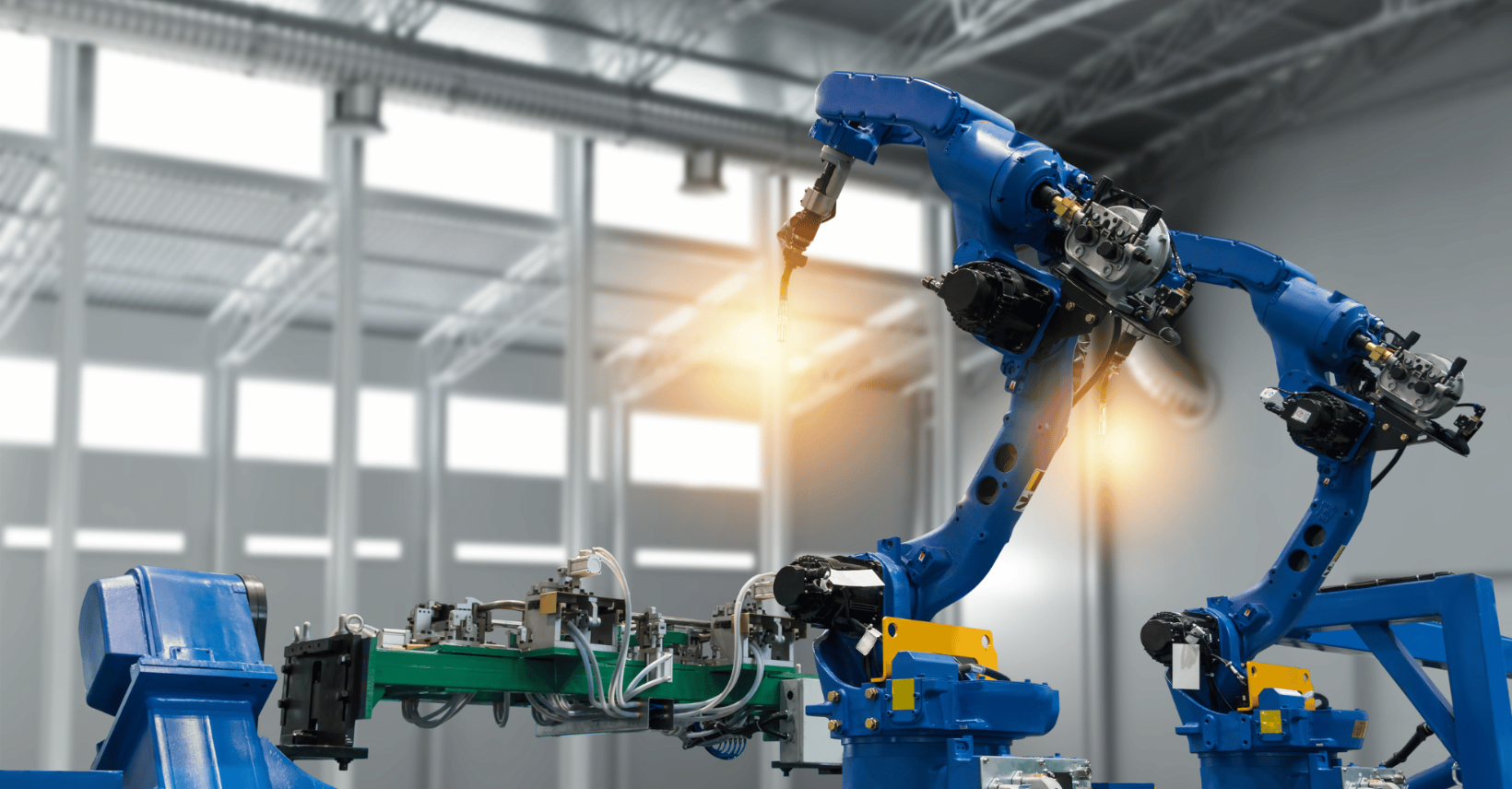Industry 4.0 and the Rise of the Smart Factories in Thailand: Challenges and Opportunities

Industry 4.0, also known as the fourth industrial revolution, involves the integration of advanced technologies such as the Internet of Things (IoT), artificial intelligence (AI), and automation into industrial processes to create a "smart factory". In Thailand, Southeast Asia's second-largest economy, implementing Industry 4.0 has the potential to revolutionise the manufacturing and engineering sectors and increase productivity, efficiency, and competitiveness.
Global companies tend to adapt to Industry 4.0 faster than local Thai companies. Multinational corporations (MNCs) typically have more resources, both in terms of finances and human capital, that they can direct towards digital transformation initiatives. This can give them an advantage in terms of implementing new technologies and processes. In Thailand, local companies face challenges such as high investment costs, talent shortages, and less exposure to global trends and best practices. However, with the right support and resources, local companies can also adapt to Industry 4.0 and compete effectively in the global marketplace.
In this article, I'll discuss the opportunities in more detail while outlining the key challenges this shift brings to businesses and the workforce in Thailand. I'll also examine the future skills in demand for Industry 4.0 roles in manufacturing and engineering and the measures needed to get the workforce future-ready.
How businesses in Thailand can gain from Industry 4.0
Let's begin by looking at how Thai businesses can benefit from Industry 4.0. Customers across the world are increasingly demanding products that are customised, high quality, and delivered quickly. As discussed in a recent article outlining Thailand's workforce opportunities, the country is seeing strong growth in the Electric Vehicle (EV) and IT sectors. These sectors embrace smart factories and digital technologies to create more flexible and agile manufacturing processes.
Digital transformation can help all industries accelerate the development of new products and services, and provide real-time data and insights into customer needs and preferences. By optimising manufacturing processes, reducing costs, and improving product quality, Thai businesses can stay competitive in an increasingly global marketplace.
Secondly, Industry 4.0 can help Thai businesses cope with a shrinking talent pool. The National Economic and Social Development Board (NESDC) predicts the working-age share of Thailand's population will shrink from 65% in 2020 to 56% in 2040. During the same period, the ratio of working-age to senior people will decrease from 3.6 workers to 1 senior in 2020 to 1.8 workers to 1 senior. Industry 4.0 technologies such as robotics and automation can help Thai companies to maintain production levels while reducing the dependence on human labour.
Last but not least, Industry 4.0 technologies can help Thai companies to reduce their environmental impact by optimising energy usage, reducing waste, and improving the efficiency of production processes. Investing in automation and AI can support businesses' environmental, social, and governance (ESG) strategies, aligning with Thailand's plans to become carbon neutral and achieve the net-zero emission target by 2050 and 2065, respectively.
Future skills for Industry 4.0
The widespread adoption of advanced technologies and complex systems in Industry 4.0 and smart factories has resulted in a significant demand for workers possessing strong technical skills.
With the growing use of connected devices and machines, one of the most important technical skills in demand is expertise in the Internet of Things. The vast amounts of data generated by smart factories can be overwhelming. Still, workers with expertise in big data analytics, cloud and database systems can help to make sense of this data and use it to drive decision-making and improve processes.
AI is also becoming increasingly important in manufacturing to automate processes, predict maintenance needs and optimise performance. The AI workforce will need to have a strong understanding of machine learning (ML) and deep learning algorithms, as well as data mining and analysis. Proficiency in programming languages such as Python and R will be valuable, too.
Robotics is another important technical skill in demand in the smart factory era; with 45 industrial robots for every 10,000 employees in 2019, Thailand was the second largest market for robotics and automation in ASEAN after Singapore. With the increasing use of robots in manufacturing, workers can help to design, program and maintain robots are highly sought-after.
Soft skills are equally important
In addition to technical expertise, soft skills are now considered critical for success in this new era of manufacturing and engineering. One of the most sought-after skills in candidates is creative thinking to identify new opportunities for innovation and problem-solving. In the fast-paced manufacturing industry, workers with the ability to think creatively can help to develop new ideas and solutions to improve processes and drive growth, identifying inefficiencies in current processes and coming up with innovative ways to streamline operations.
Businesses also need workers who can think creatively about using advanced technologies in unique and effective ways. Candidates must be willing to explore new ideas and approaches, take calculated risks, and think outside the box. Creative thinking is critical in the design and development of new products, too. Employees who think creatively can help to identify new market trends and customer needs and develop innovative products that meet these conditions.
Another important soft skill in demand is adaptability. In Industry 4.0, change is constant, and workers need to adjust to new technologies, processes, and work practices quickly and efficiently. Employers value candidates who display strong emotional intelligence skills such as empathy, self-awareness, and effective communication; they're looking for people who can work well with others and navigate the complexities of the modern manufacturing environment.
The road to success
In conclusion, Industry 4.0 and smart factories in Thailand have the potential to revolutionise the manufacturing and engineering industries, but they also require significant changes in the workforce. By investing in digital transformation and skills development, Thai businesses can reap the benefits of Industry 4.0 and remain competitive in an increasingly complex global market.
Written by Apiradee Kaewrattanakul, the Industrial & Manufacturing Director of BTI Executive Search Thailand. Apiradee has over 10 years of experience in executive recruitment companies and 3 years in team management roles. Leading Engineering & Manufacturing & Supply Chain discipline across all industries for Thailand Market.
Her experience in Technical Operation roles with industrial & market knowledge has helped countless clients and clients to achieve more.
Apiradee graduated with a Master's and Bachelor of Arts with 1st class honours from Mahidol University.
Connect with Apiradee today to discover her expertise and how she can help elevate your organisation.





